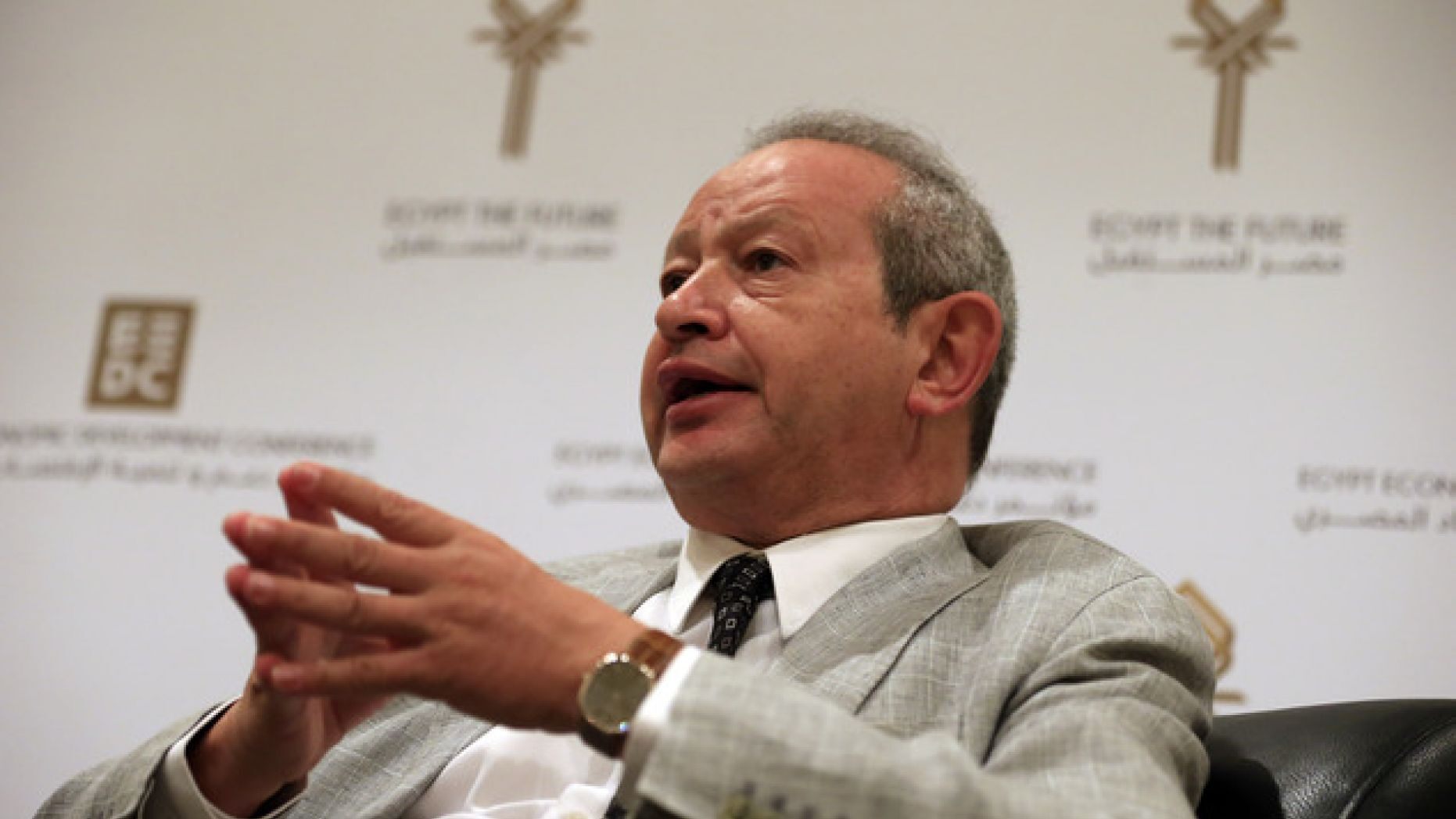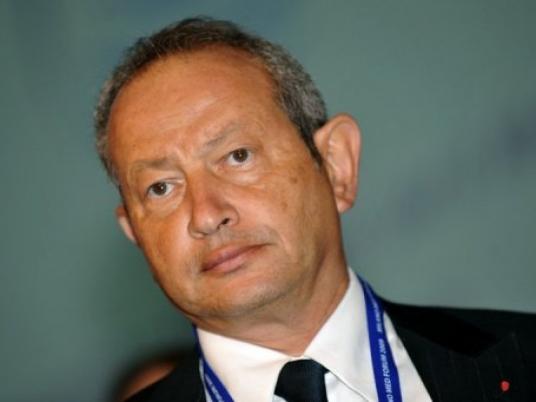Mohamed Omran, head of Egypt's stock market, described the government's decision to reach reconciliation settlements with businessmen as “important” and added that this step would encourage the flow of capital into Egypt.
Investments will restore confidence in the Egyptian economy, he said.
The government has reconciled with a number of businessmen, including Naguib Sawiris, from whom they received LE 7.1 billion. The public prosecution is also examining the possibility of a similar arrangement with Hussein Salem, a fugitive businessman, who would hand over 75 percent of his wealth.
In statements made at a conference organised by the Canadian Chamber of Commerce and titled "The future of the Egyptian economy and the stock market," Omran explained how security and political conditions affect the stock exchange. He also said that the stock market had been making gains before the 25 January revolution, despite the prevalence of corruption at that time.
Growth rates varied between six and seven percent from 2004 to 2011 and investment rates averaged US$ 45 billion. Investments increased by around US$ 13.1 billion in 2008, despite the emergence of the global economic crisis.
Omran expressed confidence in the Egyptian economy, declaring that it will survive the current crisis. He added that, with the exception of China, which has high growth rates despite a limitation on freedoms, economic studies demonstrate that there is a direct link between freedom and economic growth.
Growth rates were high before the revolution, reaching seven percent, even though freedoms were repressed and corruption was widespread. This reflected the strength of the Egyptian economy," Omran said.
However, growth rates dropped to 2.2 percent after the revolution, he said.
Investment Minister Yehia Hamed reportedly said on Sunday that the government would soon announce reconciliation settlements with some businessmen.
Safwan Thabet, the CEO of Juhayna Food Industries, told Al-Masry Al-Youm on Monday that Hamed had made his comments during a meeting with 10 Egyptian businessmen.
Thabet added that this meeting was one among many being held in the hope of alleviating Egypt’s economic crisis.
Egypt’s administration wants to reconcile with businessmen implicated in corruption cases in order to replenish its declining reserve of foreign currency.
The latest statistics from the Central Bank of Egypt estimate that the foreign currency reserve totaled $14.4 billion in April, or 60 percent less than the $36 billion figure calculated for late 2010, before the 25 January revolution that toppled President Hosni Mubarak.




